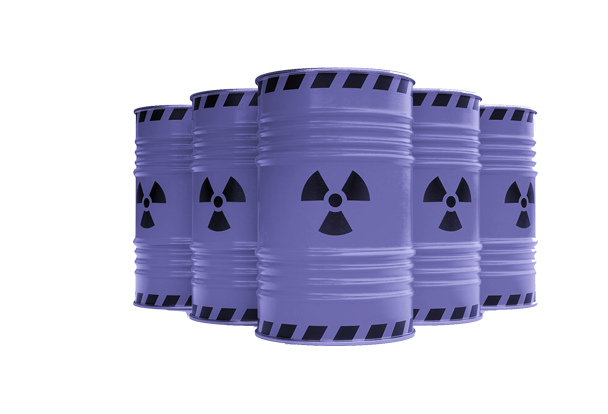
International transport of dangerous goods is carried out in accordance with the requirements of EU laws and regulations. The regulatory documents consider the procedure for obtaining and issuing certificates that are issued for the vehicle and the driver. The certificates confirm the suitability of the truck for the delivery of dangerous goods to Poland and other European countries, as well as in the opposite direction.
Companies transporting dangerous goods receive special permits – licenses, certificates that confirm the right to engage in this type of activity. Drivers are trained, after which they are allowed to work with hazardous substances. The route of movement is coordinated with the competent officers of the National Police.
Transportation of dangerous goods from Poland to Ukraine, Moldova, the countries of the Caucasus and in the opposite direction is regulated by the set of ADR rules. International regulations define the procedure for marking a truck carrying substances that can harm human health and the environment. ADR also indicates the means of protection that the vehicle is equipped with in case of emergency and other unforeseen situations.
Dangerous goods: what is it
Dangerous goods are substances and materials that, due to their inherent properties and characteristics, are capable of causing harm to human health and the environment. During the production, transportation, loading or unloading of such substances, an explosion, fire, chemical damage, leakage, which leads to air, water, soil poisoning, can occur. According to the state of aggregation and the degree of harmful effects, substances are divided into hazard classes:
- Class I. Explosive substances which, under certain conditions, spontaneously explode.
- Class II. Substances in the gaseous state.
- Class III. Liquids that are highly flammable.
- Class IV. Substances that are spontaneously flammable, as well as emit gases that ignite on contact with air or water.
- Class V. Oxidizing substances supporting combustion.
- Class VI. Substances that are toxic or present a risk of infection.
- Class VII. Radioactive materials.
- Class VIII. Corrosive materials which, when in contact with them, damage living tissues and surrounding objects.
- Class IX. Other types.
Road transport of dangerous goods requires compliance with safety requirements. One of the mandatory accompanying documents is an emergency card, which contains information about the properties of the substance and the conditions when it becomes dangerous. Employees of transport and logistics companies are required to follow the instructions developed for working with hazardous substances. For example, the transportation of flammable goods is accompanied by a specialist who can prevent or reduce the negative consequences in the event of an accident.
Features of transportation
The route of trucks that transport hazardous substances passes at a distance from residential areas, protected areas and park areas, sights, large industrial enterprises, hospitals, schools and other social infrastructure facilities. During loading and unloading, measures are taken to prevent a disaster.
The cost of transporting dangerous goods
The cost of transportation of dangerous goods is calculated individually for each client. Calculations are based on approved tariffs. Factors affecting the final amount:
distance.
- The degree of danger, taking into account the class of the substance.
- The volume of the package of accompanying and permitting documents.
- Organizational measures to ensure the safety of transportation, loading and unloading operations. For example, in some cases, such as the transport of radioactive materials, physical protection (guarding by employees) is required.
Vehicles must be equipped with protective equipment: fire extinguishers, first-aid kit, marking and warning signs, wheel chocks, protective gloves, signal vests and lanterns. You can find out the exact cost of the service at a personal consultation or by phone.
Where to order the transportation of dangerous goods
The transport and logistics company Fahrwest Logistics (Poland) offers services for the transportation of dangerous goods to Europe and in the opposite direction – from Europe. Benefits for our clients:
- Team approach to the organization of transport and logistics activities. Managers, logisticians, packers, lawyers, mechanics, loaders, drivers take part in the development of each project. The result is minimizing the risk of unforeseen situations along the way, fast and safe delivery of cargo to its destination.
- Own fleet of trucks suitable for transportation of different types of cargo. The use of special equipment increases the safety of transportation and ensures the safety of goods.
- Cargo insurance against loss or damage (under the terms of the contract).
All trucks are equipped with a GPS tracking system, which allows you to determine their location at any time. Before going on a flight, the vehicle is inspected by a mechanic, which virtually eliminates the possibility of breakdowns on the way.